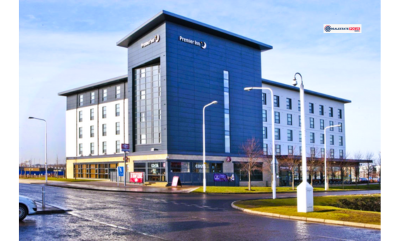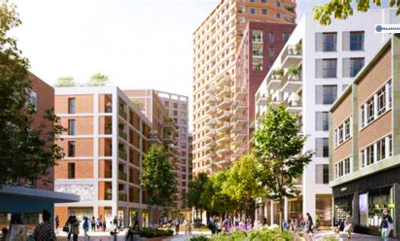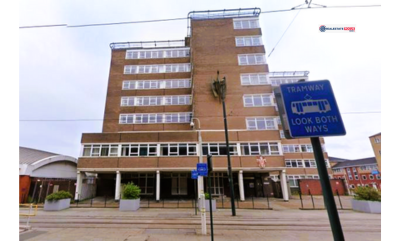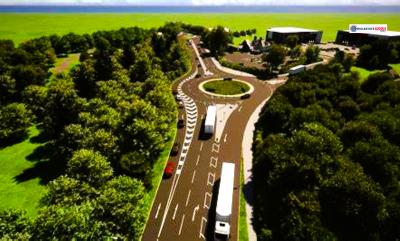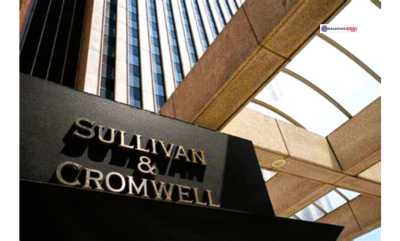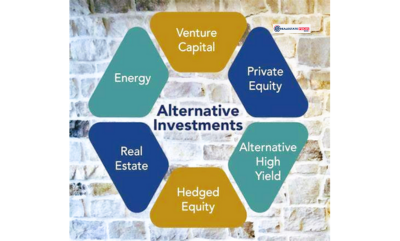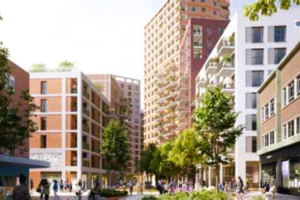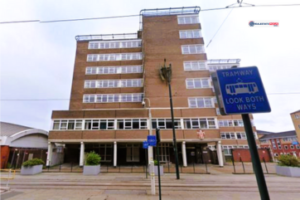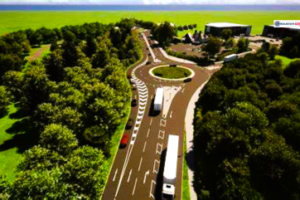

Mountains, Money, and Mistrust: NJ Residents Challenge Billionaire’s Mountaintop Megaproject
In the quiet hills of the Watchung Mountains, a high-stakes development battle is erupting, pitting a billionaire-backed housing proposal against a grassroots movement of local residents armed with science and a deep fear of floodwaters.
At the heart of the conflict is a 120-acre swath of pristine forest in West Orange, New Jersey, one of the last undeveloped plots in the region. The site has long been eyed by Garden Homes, a real estate firm owned by the billionaire Wilf family, known for their high-profile developments and ownership of the Minnesota Vikings. Their latest proposal? A 496-unit apartment complex large enough to reshape the landscape, and the lives of the communities below.
But residents from West Orange and neighboring towns say the project is more than just ill-advised, it’s dangerous.
“We’re not anti-development,” said a spokesperson for We Care NJ, the local organization spearheading opposition to the plan. “We’re against building a flood trap on a mountain top that could devastate hundreds of homes downhill.”
Stormwater Showdown
At the center of the controversy is a stormwater management permit approved by New Jersey’s Department of Environmental Protection (DEP) in late 2024. Residents argue the approval was based on flawed and outdated engineering data, a claim backed by a detailed 39-page report from Princeton Hydro, a respected environmental engineering firm.
Clay Emerson, Senior Technical Director at Princeton Hydro, didn’t mince words. “The current design doesn’t meet minimum state requirements,” he said. “It’s not just a paperwork issue, it’s a risk to people’s homes and safety.”
According to Emerson, Garden Homes’ plan relies on outdated hydrologic models and underestimates groundwater levels, meaning the development’s flood-control infrastructure may be ineffective or even counterproductive. One critical oversight, he noted, is placing flood water basins in areas where groundwater already rises close to the surface.
“You can’t build a basin in the water table that won’t drain, and instead of preventing flooding, it’ll become part of the problem,” he said.
A Development Decades in the Making
Garden Homes has tried for nearly 20 years to develop this land. An earlier bid for over 100 single-family homes was denied, but the project re-emerged with new momentum when the developer committed to including 100 affordable housing units, helping West Orange satisfy state-mandated housing obligations.
This, however, puts the township and the state in a bind. New Jersey has pledged to build more than 140,000 new affordable homes in the next decade, a goal that is running up against geographic and environmental constraints. More than 100 towns have pushed back, arguing the state designated flood-prone or unsuitable land for development just to meet quotas.
In this case, residents argue the very attempt to build affordable housing could end up endangering existing ones.
Environmental Tensions Meet Housing Urgency
The situation encapsulates a growing conflict across New Jersey and the Northeast: how to reconcile the urgent demand for housing, particularly affordable units, with climate resiliency and environmental preservation.
The Watchung Mountain project underscores this tension. Opponents say this is not simply a NIMBY (“Not In My Backyard”) rebellion, but a legitimate concern that environmental shortcuts are being taken in the name of housing mandates and developer profits.
Adding to concerns, Princeton Hydro’s review flagged a potential contamination issue involving a sewage line routed through a flood basin, a design flaw they say could pose health risks in the event of system failure or overflow.
No Deadline, No Clarity
Residents have formally asked the DEP to suspend Garden Homes’ permit. DEP spokesperson Caryn Shinske confirmed the request is under review but noted there’s “no deadline by which a decision is required.”
Meanwhile, representatives for Garden Homes have remained silent, declining to comment on the growing controversy.
For residents watching rainwater cascade down the mountain during each storm, silence is no comfort. As one local put it: “We’re not waiting for a disaster to prove we were right.”
Conclusion:
This battle is more than a zoning dispute. It’s a test of New Jersey’s ability to responsibly balance climate risk, community voice, and affordable housing in an era where all three are under increasing pressure. In West Orange, the outcome of this fight may well set the tone for how and where New Jersey builds its future.


